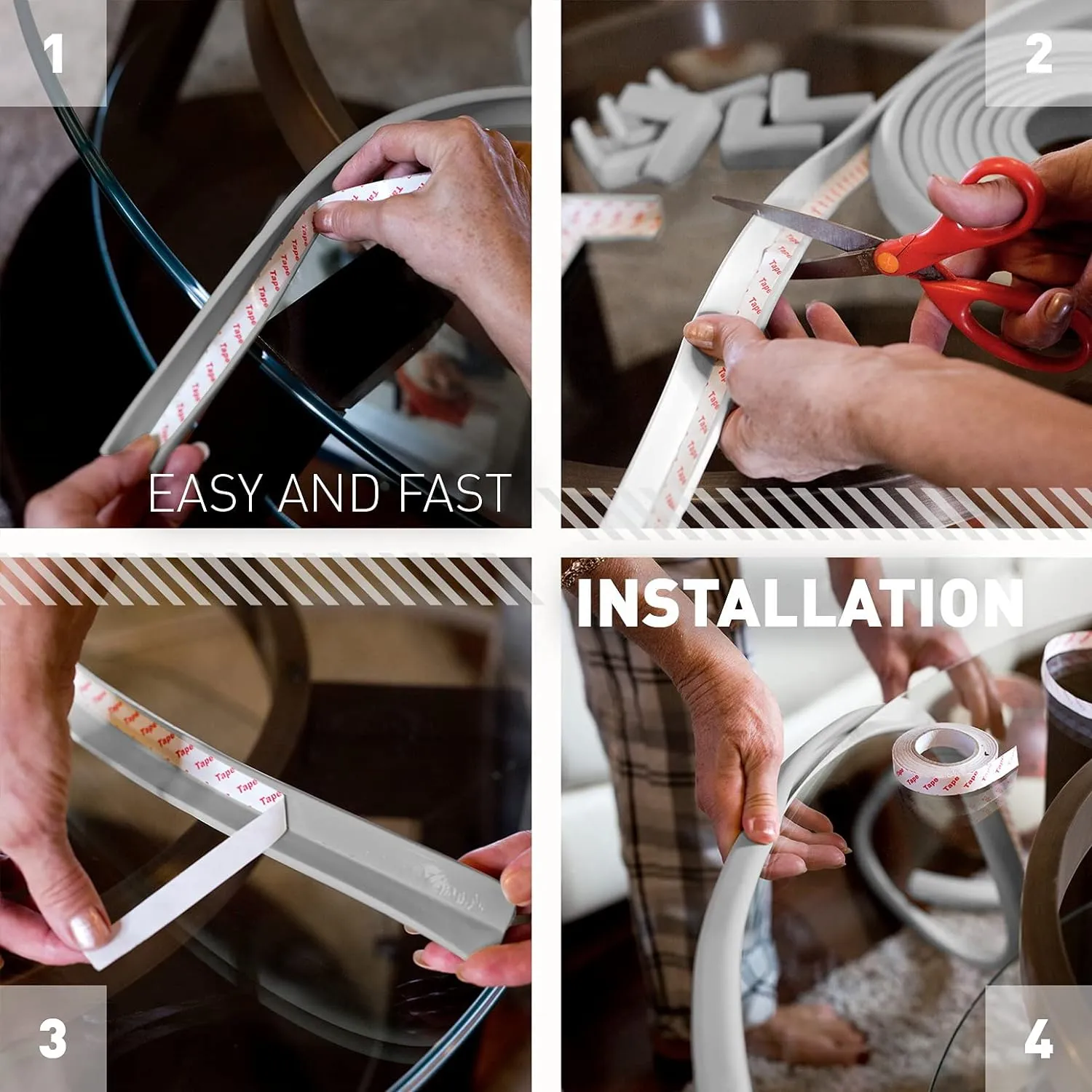Automotive Rubber Door Seals for Enhanced Vehicle Performance and Longevity
The Importance of Automotive Rubber Door Seals in Vehicle Performance
Automotive rubber door seals play a crucial role in vehicle design, contributing significantly to the overall performance, safety, and comfort of modern cars
. These seals, often overlooked, are integral components that provide both functional and aesthetic benefits to automotive engineering.At their core, rubber door seals are designed to create a tight barrier between the vehicle’s body and the doors. This barrier is essential for several reasons. Firstly, it helps in preventing water, dust, and wind from entering the vehicle cabin. This is particularly important for maintaining a comfortable driving experience, as leaks can lead to interior damage and unpleasant odors. Effective sealing ensures that the car remains insulated from external environmental factors, making it suitable for diverse weather conditions.
Another critical aspect of rubber door seals is their role in noise reduction. Vehicles are exposed to a range of noises, from the hum of the engine to wind noise during high-speed travel. Rubber seals provide an acoustic barrier that minimizes sound transfer into the cabin. This feature is vital for enhancing driver and passenger comfort, allowing for more enjoyable journeys, free from significant distractions caused by external noises.
In terms of safety, rubber door seals contribute to the structural integrity of the vehicle. They help maintain the alignment of doors and windows, ensuring they close securely. Proper sealing mechanisms can also play a part in accident safety. In the event of a collision, the seals help keep doors latched, reducing the risk of them opening unexpectedly and causing additional injuries.
automotive rubber door seals

The material composition of rubber door seals is critical for their effectiveness. Typically made from EPDM (Ethylene Propylene Diene Monomer) rubber, these seals are chosen for their excellent durability and resistance to environmental factors such as UV rays, ozone, and temperature fluctuations. EPDM rubber maintains its flexibility over a wide range of temperatures, ensuring that the seals remain effective throughout the various climates in which vehicles are operated.
Furthermore, the manufacturing process of rubber door seals has seen significant advancements with technology. Modern sealing systems are engineered using CAD (Computer-Aided Design) and CAM (Computer-Aided Manufacturing) techniques to ensure precision and consistency. This not only enhances their performance but also helps reduce manufacturing costs, resulting in more affordable vehicles for consumers.
In addition to functional benefits, rubber door seals also contribute to the overall aesthetic of the vehicle. A well-fitted seal can enhance the perceived quality of a car, giving it a polished and refined look. Consumers today are increasingly aware of the importance of quality and performance, and such details can significantly impact their purchasing decisions.
In conclusion, automotive rubber door seals are vital components that enhance vehicle performance in multiple ways. From improving cabin comfort through noise and temperature control to ensuring safety and aesthetics, these seals are indispensable in modern vehicle design. As automotive technology continues to advance, the ongoing development of rubber seal materials and manufacturing techniques will ensure that they meet the evolving demands of consumers and the automotive industry alike. By prioritizing the quality of these components, manufacturers can deliver vehicles that are not only functional but also aligned with consumer expectations for safety and comfort.
-
Silicone Seal Strip: The Ultimate Solution for Your Sealing NeedNewsNov.01,2024
-
Keep the Heat: The Importance of Seal for Oven DoorsNewsNov.01,2024
-
Essential Guide to Corner Protectors for Your FurnitureNewsNov.01,2024
-
Enhance Your Home with Silicone SolutionsNewsNov.01,2024
-
Efficient Maintenance of Melamine Sealing StripsNewsNov.01,2024
-
Comparison of Different Edge Sealing ProcessesNewsNov.01,2024
-
Types of Door Bottom Seal Strips and Their Best UsesNewsOct.25,2024